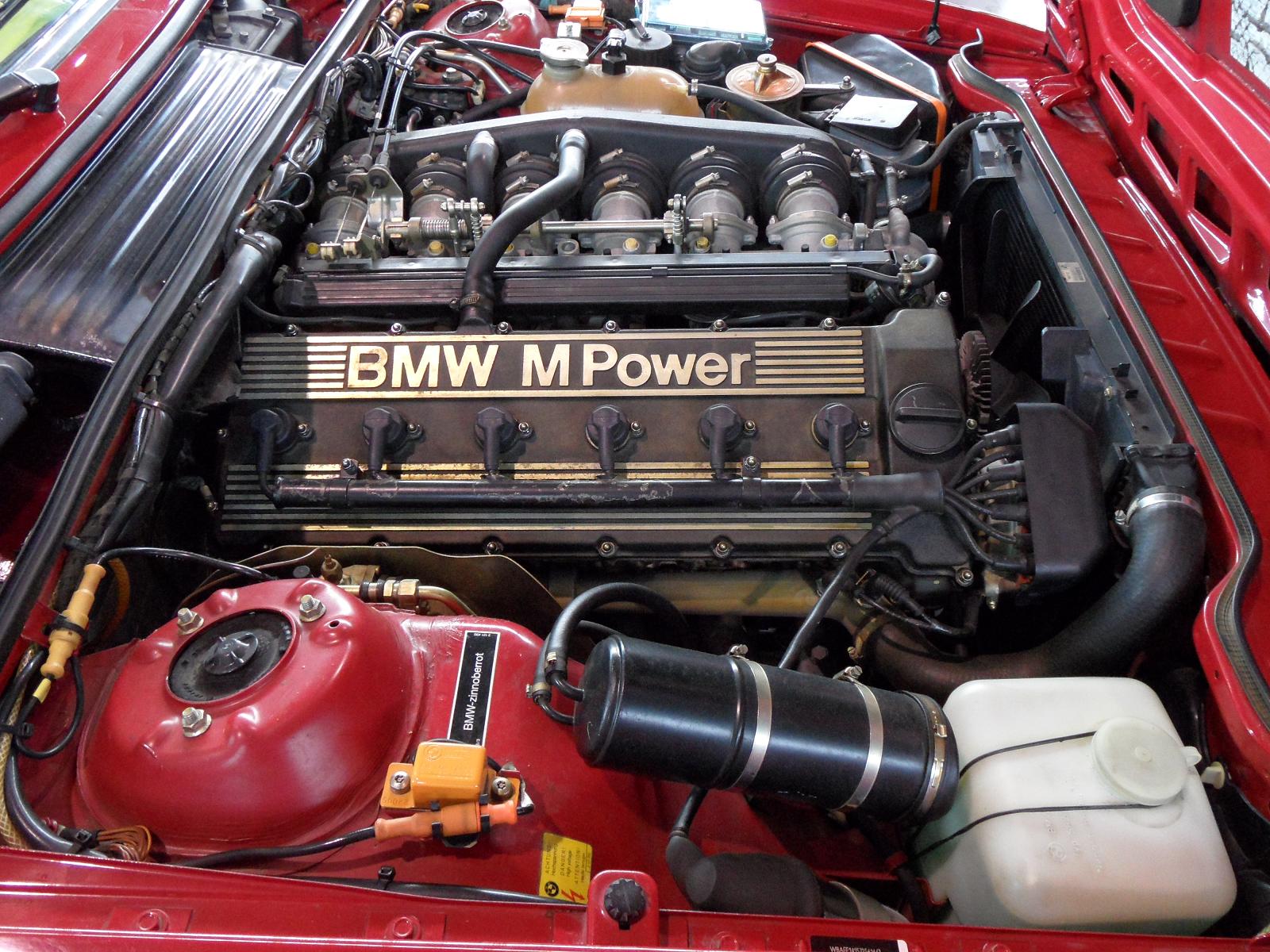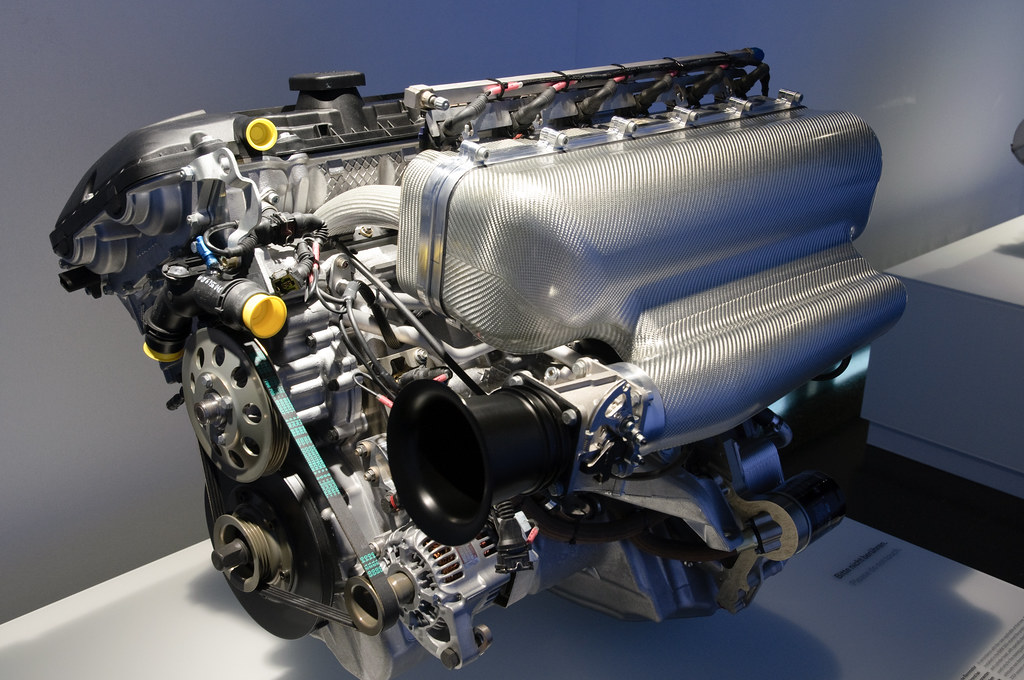Harmony In Motion: The Symphony Of BMW Engine Control Unveiled
- 1 Unveiling The BMW Engine Control
- 1.1 The Conductor: BMW Engine Control Unit (ECU)
- 1.2 Instruments of Precision: Sensors and Actuators
- 1.3 Adaptive Harmony: BMW’s Dynamic Driving Experience
- 1.4 Symphony of Efficiency: BMW’s EfficientDynamics
- 1.5 The Future Symphony: Advancements in Engine Control
- 2 Future BMW Engine Control
- 2.1 Electrifying the Orchestra: The Rise of Electric Powertrains
- 2.2 Autonomous Driving: The Maestro Takes a Back Seat
- 2.3 AI-Powered Precision: The Virtuosity of Machine Learning
- 2.4 Seamless Connectivity: A Symphony of Data Integration
- 2.5 Sustainability as the Overture: The Green Prelude
- 3 Conclusion
Automotive engineering has evolved tremendously over time, with cutting-edge technologies developed to improve not only performance but also the functionality of vehicle systems. Nonetheless, BMW has consistently stood at the forefront of innovation, seamlessly blending art and science to create an unparalleled driving experience. At the heart of this automotive prowess lies the intricate world of engine control, where cutting-edge technology and meticulous craftsmanship converge to transform mere mechanics into a symphony of precision. In this article, we dive into the science of BMW engine control, unveiling the innovative strategies the brand has embraced over time that are pushing it ahead of many others in the industry.
Unveiling The BMW Engine Control
The Conductor: BMW Engine Control Unit (ECU)
At the core of every BMW’s performance lies the Engine Control Unit, often referred to as the ECU. Think of the ECU as the conductor of an intricate orchestra, harmonizing the diverse elements within the engine to produce a masterpiece of power, efficiency, and responsiveness. The ECU serves as the brain, processing an array of data in real time and making split-second decisions to optimize performance.
Instruments of Precision: Sensors and Actuators
To achieve this symphony, BMW employs an array of sensors strategically placed throughout the vehicle. These sensors act as the musicians, providing real-time feedback to the ECU about various factors such as engine temperature, air intake, and throttle position. This data allows the ECU to make precise adjustments, orchestrating a perfect blend of power and efficiency.
Complementing the sensors are actuators – the instruments that execute the ECU’s commands. These include components like fuel injectors, throttle bodies, and variable valve timing systems. Through meticulous control of these actuators, the ECU ensures that the engine operates with utmost precision, responding seamlessly to the driver’s inputs.
Adaptive Harmony: BMW’s Dynamic Driving Experience
One of the key features that sets BMW apart is its commitment to providing a dynamic driving experience. The ECU plays a pivotal role in this by continuously adapting to changing conditions. Whether it’s adjusting fuel injection for optimal efficiency during a leisurely cruise or unleashing the full power of the engine for an exhilarating acceleration, the ECU ensures that the driving experience is both exhilarating and efficient.
Symphony of Efficiency: BMW’s EfficientDynamics
In recent years, BMW has placed a strong emphasis on sustainability and efficiency. The Engine Control System plays a crucial role in this endeavor through BMW’s EfficientDynamics technology. By intelligently managing energy usage, the ECU contributes to reduced fuel consumption and lower emissions without compromising the driving pleasure that BMW enthusiasts cherish.
BWM ECU repair is not done by any other technician or mechanic. The company has invested in BWM ECU repair service stations in most places across the world and other third-party affiliated locations where their vehicles are serviced. Therefore, the BWM owner can only claim the BMW warranty and be sure of the original spare parts and effective service only at a BMW-accredited service station.
The Future Symphony: Advancements in Engine Control
As automotive technology continues to evolve, so does the symphony of BMW’s Engine Control System. The integration of artificial intelligence, machine learning, and advanced sensor technologies promises an even more harmonious and responsive driving experience. With each innovation, BMW reaffirms its commitment to pushing the boundaries of automotive excellence.
In the world of automotive engineering, the BMW Engine Control System stands as a testament to the brand’s dedication to precision, performance, and innovation. From the powerful roar of the engine to the seamless efficiency of everyday driving, every aspect is meticulously crafted and orchestrated by the ECU. As technology advances, the symphony of BMW’s Engine Control System will undoubtedly continue to evolve, promising an ever-more thrilling and efficient driving experience for enthusiasts around the globe.
Also Read – Unveiling The Allure: The BMW Experience And Renting In Dubai
Future BMW Engine Control
Electrifying the Orchestra: The Rise of Electric Powertrains
In tune with the global shift towards sustainability, BMW is actively expanding its portfolio of electric vehicles (EVs). The future of BMW’s Engine Control System will see an evolution in managing not only traditional combustion engines but also sophisticated electric powertrains. The ECU will become the maestro of electric motor control, harmonizing power delivery, battery management, and regenerative braking for a seamless and efficient electric driving experience.
Autonomous Driving: The Maestro Takes a Back Seat
As autonomous driving technologies continue to mature, the role of the driver evolves, and so does the function of the Engine Control System. In the future, the ECU will not only manage power and efficiency but also collaborate with advanced driver-assistance systems (ADAS) to ensure a safe and orchestrated transition between human and automated driving. The symphony of control will extend beyond the engine to include the entire vehicle dynamics in autonomous mode.
AI-Powered Precision: The Virtuosity of Machine Learning
Anticipating the demands of an ever-changing driving landscape, BMW’s Engine Control System is set to embrace the virtuosity of machine learning and artificial intelligence. The ECU will become more adaptive, learning from individual driving patterns, environmental conditions, and even traffic dynamics. This personalized orchestration will result in a truly bespoke driving experience, where the car intuitively responds to the driver’s preferences and the surrounding context.
Seamless Connectivity: A Symphony of Data Integration
In the future, BMW aims to transform its vehicles into connected hubs, seamlessly integrating with smart cities and the Internet of Things (IoT). The Engine Control System will not only optimize internal functions but also collaborate with external data sources. Imagine a car that adjusts its performance based on real-time traffic updates, weather forecasts, and even the driver’s schedule – this is the future symphony of connectivity that BMW is poised to conduct.
Sustainability as the Overture: The Green Prelude
BMW’s commitment to sustainability will further shape the future of its Engine Control System. The ECU will play a pivotal role in maximizing the efficiency of hybrid and electric powertrains, ensuring that every kilowatt-hour is used intelligently. The orchestra of efficiency will extend beyond the vehicle, integrating with smart grids and renewable energy sources for a truly sustainable driving experience.
Conclusion
As BMW envisions the future of mobility, the Engine Control System emerges as the linchpin, orchestrating a symphony of innovation, sustainability, and connectivity. The harmonious integration of electric power, autonomous capabilities, AI-driven precision, and seamless connectivity will redefine the driving experience. BMW’s commitment to pushing the boundaries of automotive excellence ensures that the future symphony of its Engine Control System will resonate with a new generation of drivers, offering a thrilling and sustainable journey into the future.



















